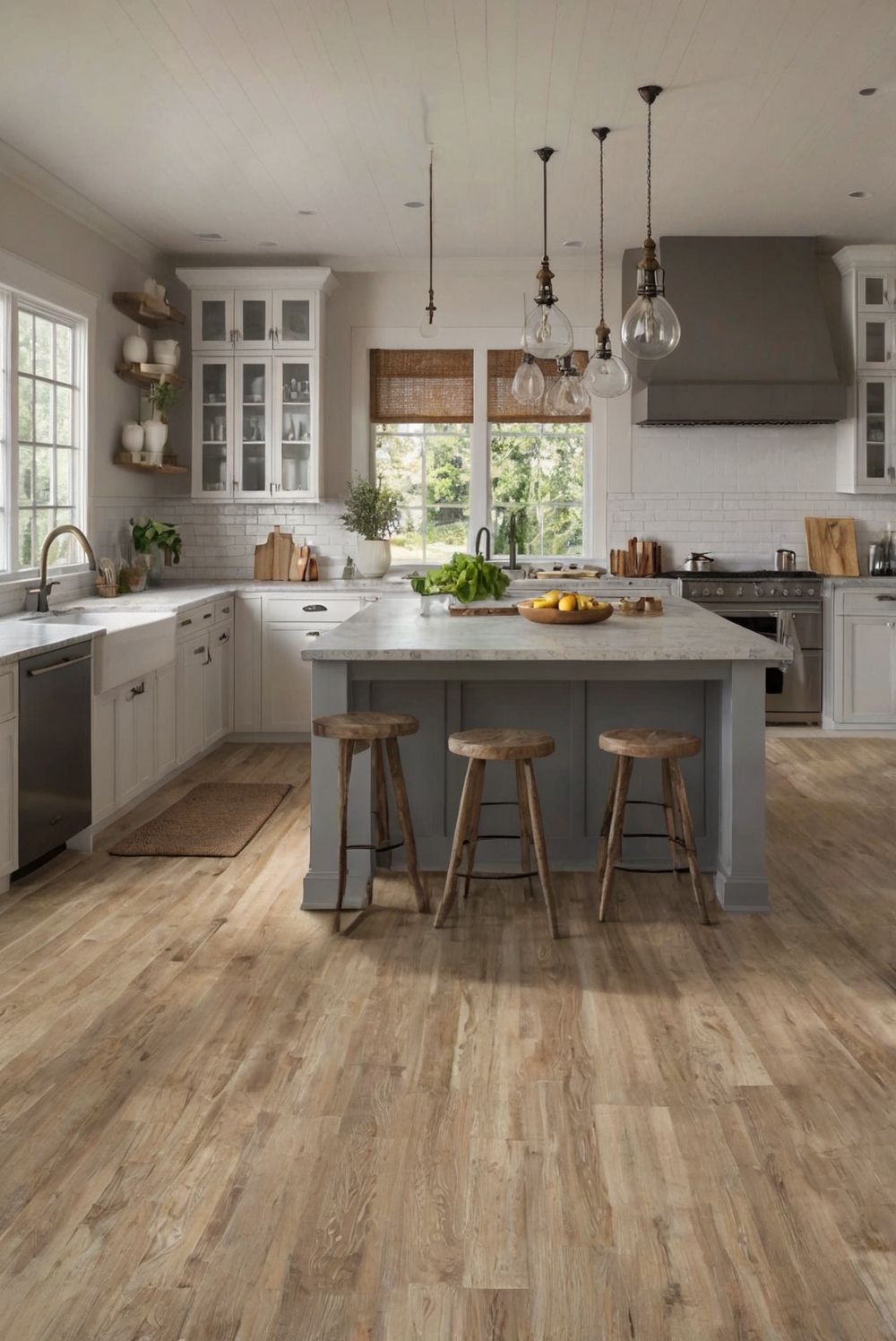Are you wondering if a moisture barrier is necessary for your kitchen flooring installation? Discover the daily routine of interior designers and decor tips here.
Should I use a moisture barrier for kitchen flooring installation?
**Yes, it is essential to use a moisture barrier for kitchen flooring installation. Moisture can seep through the flooring material and cause damage over time. A moisture barrier helps to protect your floors from water damage, mold, and mildew. It also extends the lifespan of your flooring and ensures a more durable finish. When installing kitchen flooring, start by cleaning the subfloor thoroughly. Then, lay down the moisture barrier before proceeding with the flooring installation. This extra step will provide added protection and peace of mind for your kitchen’s flooring.**
– home decorating
– space planning
– interior design space planning
– kitchen designs
– living room interior
– designer wall paint
– primer paint for walls
– home paint colors
Should I use a moisture barrier for kitchen flooring installation?
When it comes to installing flooring in your kitchen, using a moisture barrier is essential to protect your floors from water damage. Kitchens are high-moisture areas, with spills, splashes, and even leaks from appliances posing a constant threat to your flooring. A moisture barrier acts as a protective shield against moisture, preventing it from seeping into the subfloor and causing issues like mold, mildew, and warping.
What is a moisture barrier?
A moisture barrier is a material that is placed between the subfloor and the flooring to block moisture from reaching the flooring material. It can be a sheet of plastic, a liquid membrane, or a specialized underlayment designed to prevent moisture infiltration. The type of moisture barrier you choose will depend on the type of flooring you are installing and the level of moisture in your kitchen.
Why is a moisture barrier important for kitchen flooring?
Moisture is the number one enemy of flooring in a kitchen. Without a moisture barrier, water can seep through the flooring material and cause it to warp, swell, or buckle. This not only affects the appearance of your floors but can also lead to costly repairs or even replacement. Additionally, moisture can create a breeding ground for mold and mildew, which can pose health risks to you and your family.
How to choose the right moisture barrier for your kitchen flooring?
When selecting a moisture barrier for your kitchen flooring, consider the following factors:
- Type of flooring: Different flooring materials may require specific types of moisture barriers. For example, hardwood floors may need a different barrier than vinyl or laminate.
- Moisture level: If your kitchen has high humidity or is prone to spills, opt for a more robust moisture barrier to provide maximum protection.
- Installation method: Some moisture barriers are easier to install than others. Choose one that fits your skill level and the requirements of your flooring.
How to install a moisture barrier for kitchen flooring?
The process of installing a moisture barrier for kitchen flooring typically involves the following steps:
- Clean the subfloor: Ensure the subfloor is clean, dry, and free of any debris before installing the moisture barrier.
- Roll out the barrier: Unroll the moisture barrier across the entire surface of the subfloor, ensuring it overlaps at the seams.
- Secure the barrier: Use tape or adhesive to secure the moisture barrier in place, ensuring it is flat and smooth with no wrinkles.
- Install the flooring: Once the moisture barrier is in place, you can proceed with installing your chosen flooring material according to the manufacturer’s instructions.
In conclusion, using a moisture barrier for kitchen flooring installation is highly recommended to protect your floors from moisture damage and ensure their longevity. By choosing the right moisture barrier and following the proper installation steps, you can enjoy beautiful and durable kitchen floors for years to come.

